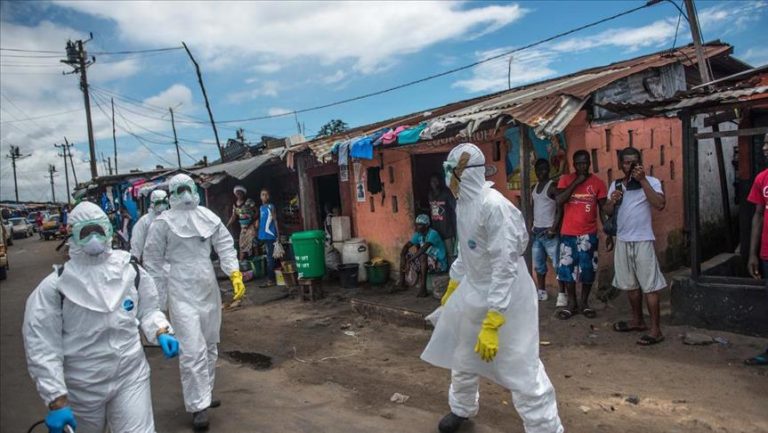
NCDC worries over rising meningitis deaths, infections in Nigeria
The Nigeria Centre for Disease Control (NCDC) has alerted Nigerians over the surge in Cerebrospinal Meningitis cases across the country, recording 807 suspected infections and 74 deaths reported as of March 26.
The NCDC Director-General, Dr. Jide Idris, confirmed that the outbreak has spread to 22 states and the Federal Capital Territory (FCT).
He warned that the disease, which peaks between November and May, poses a significant risk due to the current dry, dusty weather and overcrowded living conditions.
Kebbi, Katsina, and Sokoto states are the most affected, prompting the NCDC to deploy rapid response teams.
Kebbi alone has recorded 248 suspected cases and 26 deaths since late January, while Gombe State reported 70 suspected cases, with 31 confirmed infections and three fatalities.
“We are experiencing a sharp increase in cases, and urgent intervention is required to prevent more deaths,” said Idris.
“Meningitis is deadly but preventable. Anyone with symptoms like high fever, stiff neck, or severe headaches must seek medical help immediately.”
Cerebrospinal Meningitis, caused by the Neisseria meningitidis bacteria, spreads through coughing, sneezing, and close contact.
Overcrowded areas, schools, and displacement camps are high-risk zones. Symptoms include, severe headache and high fever, neck stiffness, vomiting and confusion, sensitivity to light and weizures (in severe cases)
Without prompt treatment, the disease can lead to brain damage, hearing loss, or death within hours.
To curb the outbreak, the NCDC and state governments have initiated mass vaccination campaigns in high-risk areas, enhanced surveillance and laboratory testing, free treatment for confirmed cases in public hospitals and public awareness campaigns on prevention
Idris emphasized vaccination as the best protection, urging parents and community leaders to ensure children and vulnerable individuals get immunized.
He also advised Nigerians to avoid overcrowded and poorly ventilated spaces, maintain good hygiene, including regular handwashing and report suspected cases early via the NCDC emergency line: 6232
“Early detection saves lives,” Idris stressed. “Vaccines and treatments are available, but swift action is critical. Stay alert, get vaccinated, and help prevent further fatalities.”
